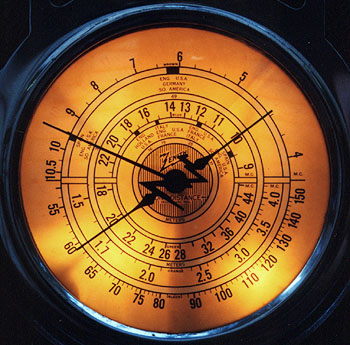
In Madrid with clients over the last few days, I managed to get out and see the city a bit. And what a city. Whether you’re looking at the Italian rock crystal chandeliers in the throne room at the Palacio Real (exterior pictured), the extensive Velazquez and Goya collections at the Prado, or the edifice of the baroque Iglesia de Santa Barbara, you cannot help but be bowled over, absolutely bowled over, by beauty.
“Have nothing in your house which you do not know to be useful or believe to be beautiful.”
William Morris,
19th century British artist, designer, writer, social innovator
While this has long been a favorite quote, it took on new meaning for me this week. It also took on new proportions, as its application broadened in my mind from what you put in your house to what you put in your life.
Most of my writing has to do with the “usefulness” part of Morris’ equation: how can you marshal your…
- thoughts
- resources
- strengths
- time
- communication with others
…most usefully in order to move forward and be effective. And this focus on usefulness is critical—it’s just that it’s not everything. As humans, it’s not only about the useful, it’s also about the beautiful. And sometimes it’s about how the beautiful thing can be the most useful thing. Like that time you knew that it was worth it to pull the car over and watch the sunset even though you were already under the gun on time, or that day you stopped and listened to that whole song, that gorgeous song, even though your to-do list was longer than your arm. Madrid reminded me of this. That even though I had writing to do and projects to work on, not only was my experience at the Prado, for example, beautiful, it was useful: I left refreshed and clear-headed, ready to tackle the work ahead.
This week, go beyond the useful. Besides looking at how you are marshaling your thoughts, resources, strengths, time and communication with others to get done what you need to get done and be effective, look at the beauty level in your life:
- What are the evidences of beauty in your life that are nourishing you in ways that nothing else can? (We're going to avoid a thesis on the nature of beauty. For our purposes here, please define beauty for yourself. For some it’s a song or a picture, for others it may be a little more esoteric...)
- How can you leverage those even more in your life? (e.g. my appreciation for Velazquez shot up last week. I’m putting a postcard of a new favorite painting in my workspace)
- Where, if anywhere, is beauty lacking in your life? Perhaps in a way that affects the usefulness piece? (e.g. if your thinking is unproductive, look at how you start your day. It may be that you need a beauty shot in the morning—try turning off the news and turning on some great music)
On a final note, I live in California. Near the coast. I am privileged to be around a lot of beauty—much of which is natural beauty. What impressed itself upon me in Madrid was the abundance of beauty that wasn’t natural, but made by human hands. Art, design, architecture, the many, many details (look at the manhole covers!)—it was overwhelming. Don’t wait for natural beauty. Don’t wait for anything. If it’s important this week, take some inspiration from the artists and the artisans of Spain over the centuries, and give the beauty in your life a little focus, care, and effort. It just may be the most useful thing you do.











